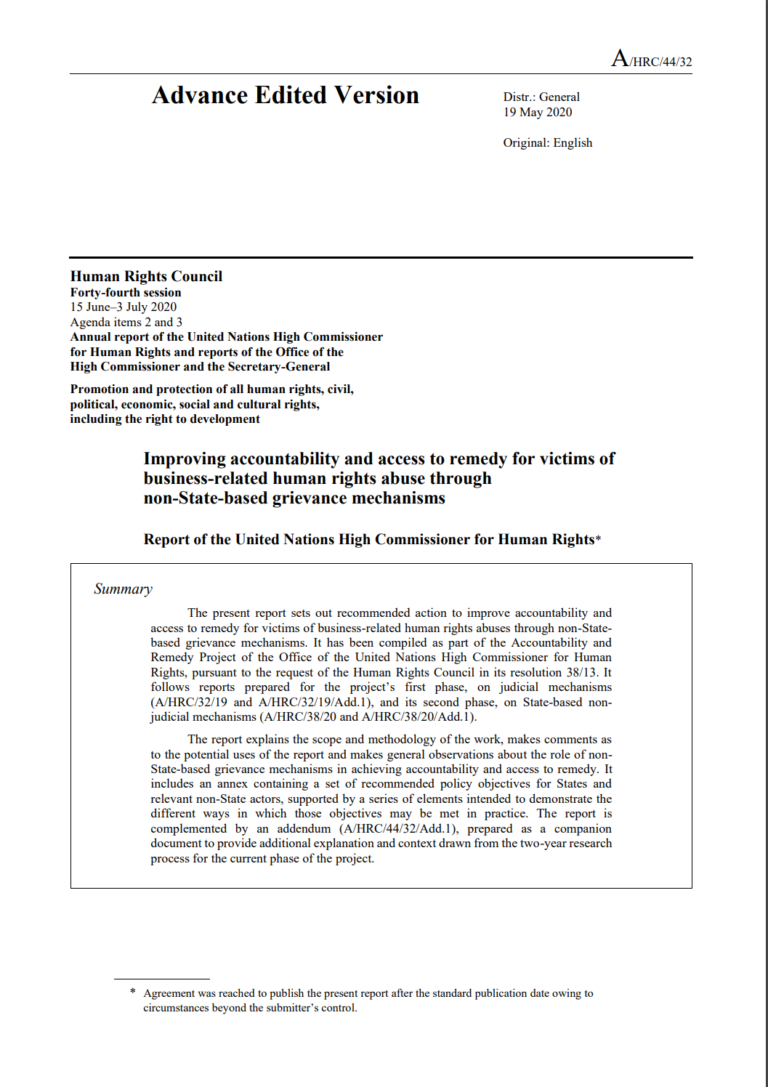The Quest to End Human Trafficking: An Educational and Practical Guide for Everyone Who Wants to Help Break the Bonds and Assist Survivors
GuidancePeople often assume that only legislators and law enforcement personnel can take meaningful steps to fight human trafficking, one of the most lucrative transnational crimes in the world. This inquiry sought to assess the validity of that belief. The...Read More

